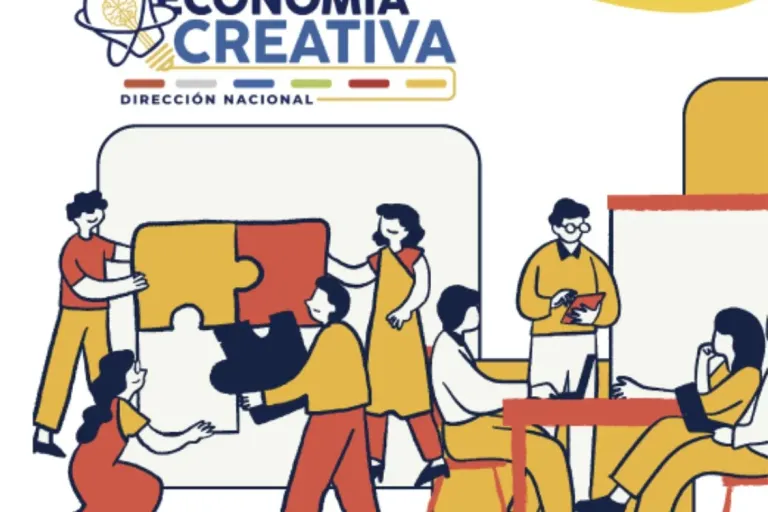Fifty Panamanian citizens have completed the nation’s first creative industries training program. The National Training Program called “From Idea to Action” concluded its pilot phase this week with a graduation ceremony in Panama City. This initiative represents a significant step in the government’s strategy to build a formal Creative Economy sector.
Minister of Culture, through the National Directorate of the Creative Economy, developed the program. They collaborated with the Authority for Micro, Small and Medium Enterprises and the Technological University of Panama. Graduates received certificates formally accredited by the university, adding significant value to their credentials.
A Diverse Group of Graduates
The inaugural class demonstrated remarkable diversity in age and background. Participants ranged from young adults to individuals over seventy years old. One single mother attended every session with her infant, successfully meeting all course requirements while caring for her child. Her commitment underscores the program’s accessibility and the powerful demand for practical entrepreneurial skills among Panamanians.
These new graduates now possess the foundational tools to transform their creative concepts into viable businesses. They learned about the mechanics of creative and cultural industries. The curriculum also covered business formalization, idea validation, and specific business models relevant to creative fields.
What began as a pilot plan is now emerging as a national project with great potential that will directly benefit the population, [Translated from Spanish] said a Ministry of Culture representative. The ministry is already organizing to expand it across the entire country in partnership with local governments and other entrepreneurs.
Government planners intend to present this project to public officials, university students, and soon-to-graduate high school seniors from both public and private institutions. The goal is simple but ambitious. They want to equip a new generation with the necessary tools for successful entrepreneurship from the ground up.
Modern Skills for a Modern Economy
Training modules addressed critical contemporary business topics. Digital communication and online marketing strategies formed a core component of the instruction. Participants also received training on applying Artificial Intelligence to their creative ventures, a forward-looking element that prepares them for modern market demands.
Expert facilitators led the workshops, including Gerardo Neugovsen, a recognized specialist in creative economics. Cecilia Castrellón, Director of Management and Knowledge Transfer at the Technological University of Panama, also contributed her expertise. Their involvement ensured the program combined theoretical knowledge with practical, actionable steps.
This successful pilot provides a tangible model for national implementation. The Ministry of Culture views the graduation of these fifty individuals as a proof of concept. It validates the program’s structure and its relevance to the Panamanian context. Officials are now mobilizing resources to scale the initiative.
The ultimate vision involves weaving creative industry development into the national economic fabric. By partnering with local municipalities, the program can adapt to regional strengths and cultural assets. This decentralized approach could foster unique creative hubs throughout the country rather than concentrating talent solely in the capital.
We are organizing to take it across the country hand in hand with local governments and other entrepreneurs, [Translated from Spanish] the ministry confirmed, highlighting the collaborative path forward.
Next steps involve formalizing partnerships and securing the funding required for a nationwide rollout. The ministry plans to present the program’s results to potential partners and stakeholders. Demonstrating the success of this first cohort is crucial for building momentum and attracting further support.
Panama is betting on its creative talent. This program provides a structured pathway for that talent to flourish. It connects imaginative ideas with the practicalities of business registration, market validation, and digital promotion. For these fifty graduates, their ideas are now one step closer to becoming action.



